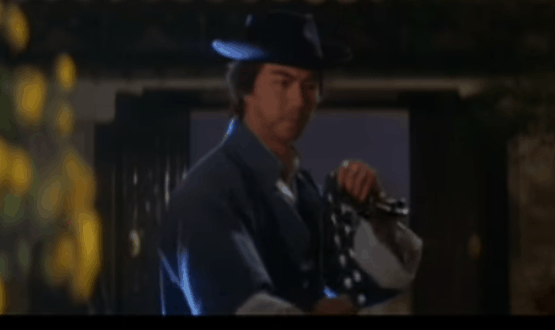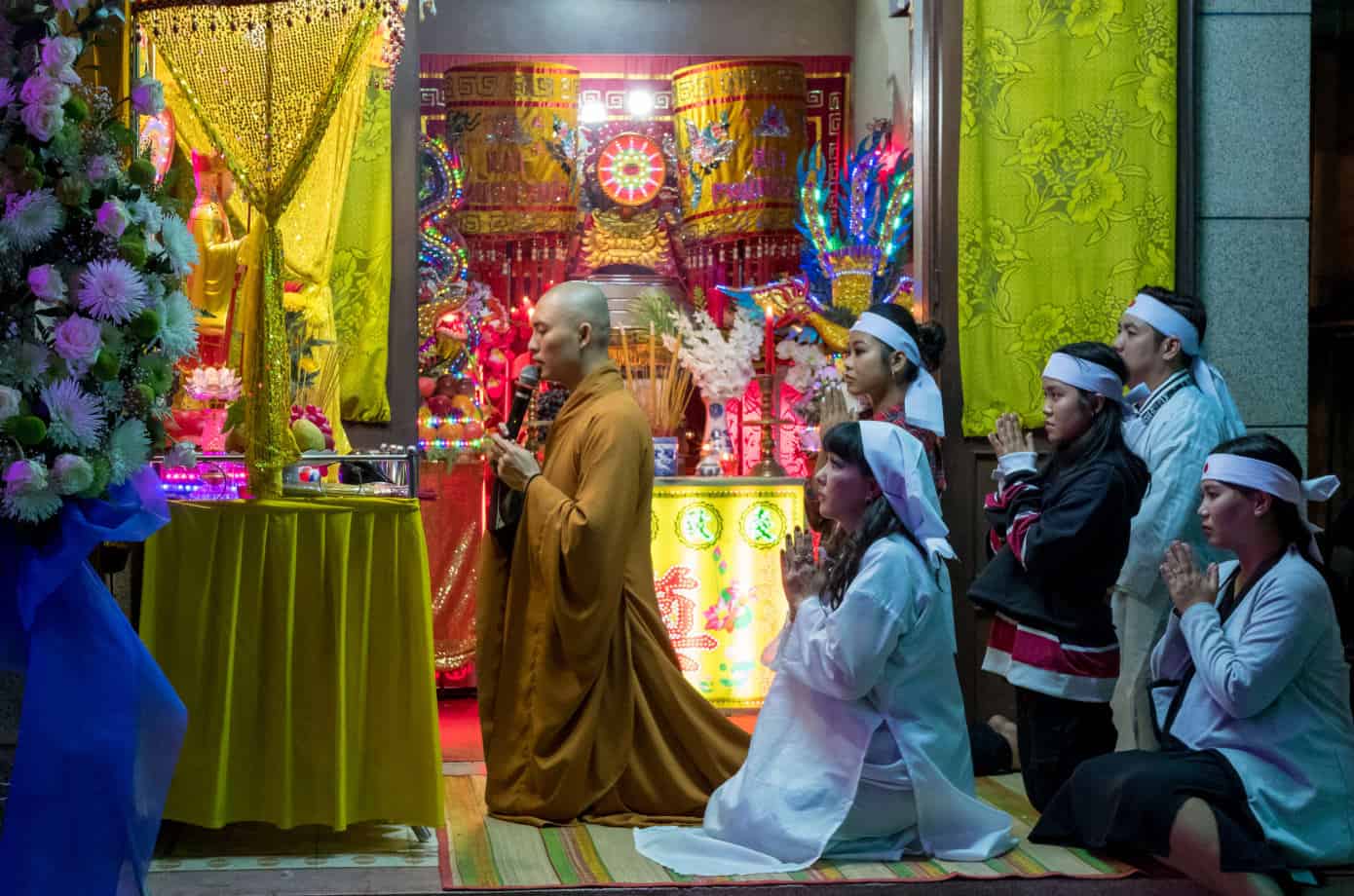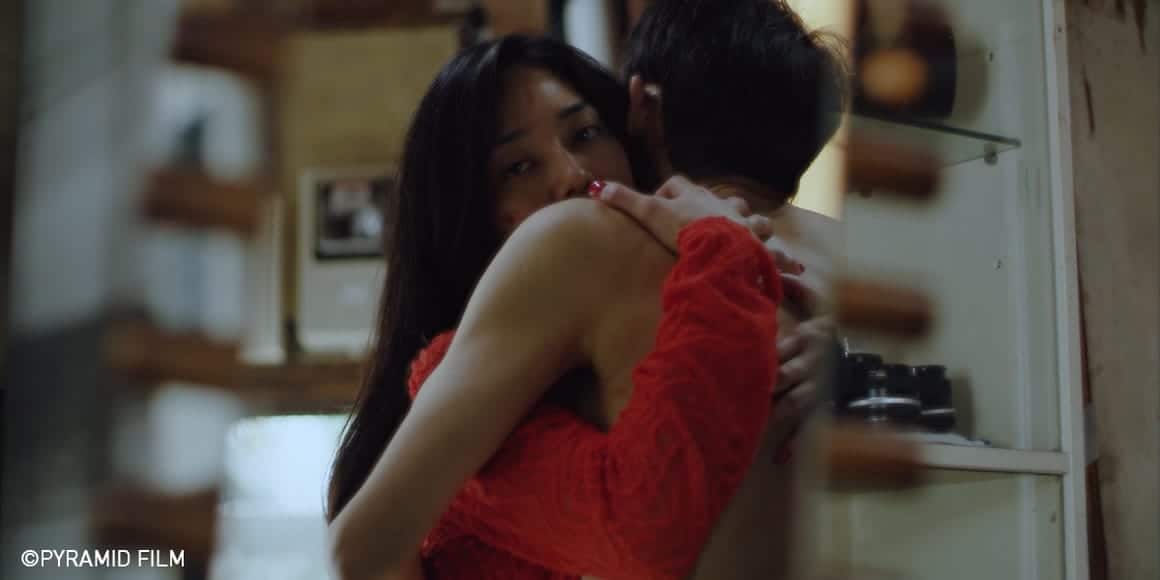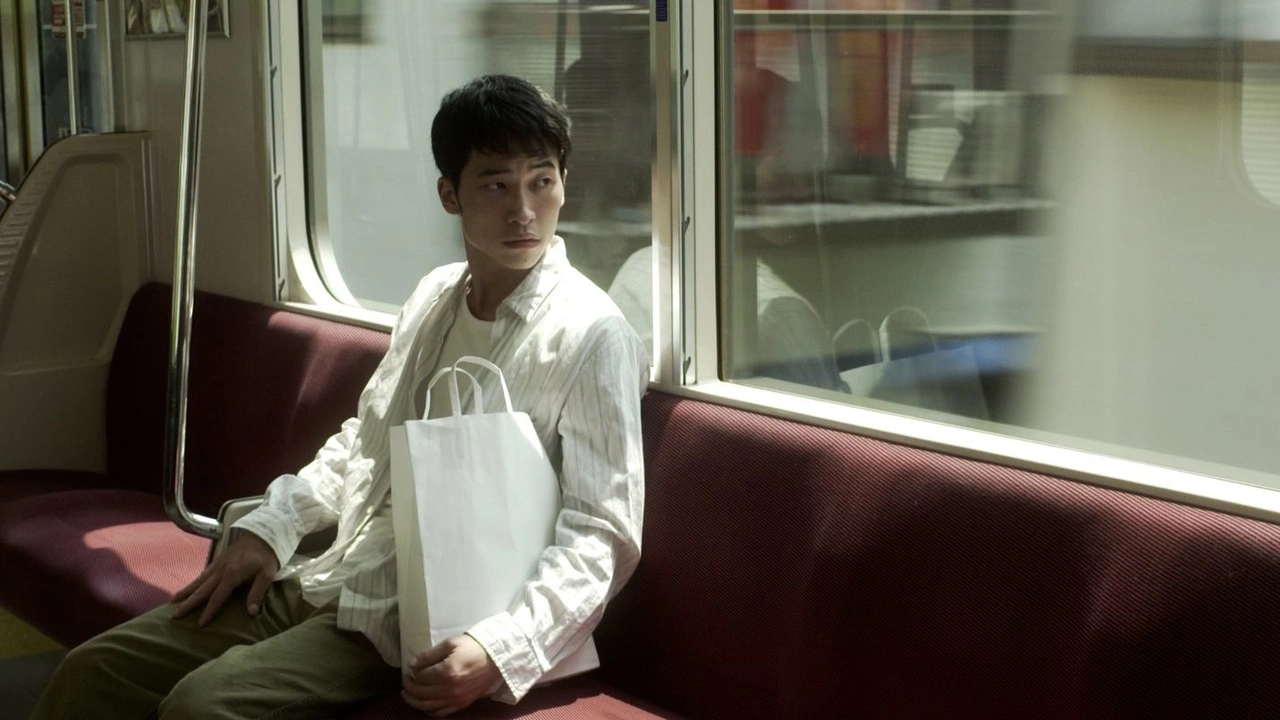Watch any number of Shaw Brothers movies and chances are you will spot certain similarities. There was a lot of production at their peak and perhaps inevitably, recycling would occur. “The Convict Killer” (aka “Iron Chain Fighter” and “Iron Chain Assassin”) is one such feature that gives you that overwhelming sense of Déjà vu. Directed by the always capable Chor Yuen, it follows the revenge narrative almost step by step. Now just because something is familiar doesn't make it all bad. So at risk of copying a previous review (wouldn't that make life easier!), it's time to let the legendary Shaw Brothers intro commence and see what unfolds
Buy This Title
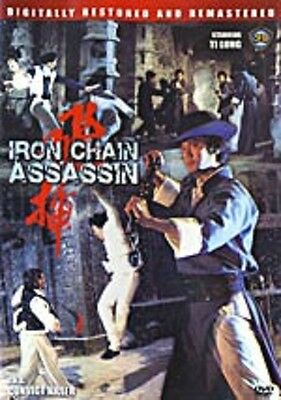
Teng Piao (Ti Lung) is released after 15 years of imprisonment and seeks revenge on the mysterious Black Leopard that no-one has ever met face to face. His arrival into town sets in motion a series of conflicts as he attempts to lure his nemesis in. Shang Lin (Li Ching) is also seeking vengeance on this unknown figure and becomes an ally in his quest. A drifter (Jason Pia Piao) also arrives but his allegiance is questionable. As the Black Leopard's seven killers are reunited and gradually unmasked, Teng Piao finds that trust is a precious commodity and the real villain may be hiding in plain site.
Chor Yuen probably gets less recognition than his contemporaries and it's not a strictly fair situation. Even when his work is not an adaptation of a Ku Lung novel, his features are picaresque adventures in the martial world. Sometimes more a series of vignettes hung together by a thin main narrative. “The Convict Killer” whilst not one of his best work, still ticks several of his touches that make them recognizable.

Firstly, the look. Even by Shaw Brothers standards, there is an artificiality to the style. There is a softer focus with a more romanticized feel to the framing of the scenes that takes them further away from reality. This visual touch separates his work from that of the likes of Chang Cheh whose style was a bit more rudimentary. Look at some of the scenes here, and there is a distinctly more artistic approach to the backdrops and the way the camerawork is positioned. The picaresque nature of the piece diverges from the usual set up too. The central focus is on the mystery of whom is the Black Leopard and who in the cast will be the hired killers. This gives us several character vignettes that act both as part of the mystery but also to give a little more depth to the overall story. Some of the killers are immediately apparent to any regular kung fu movie viewer and the constant attempts to throw the audience off guard never quite come off. What you will also see in his work is generally decent dramatic parts for women with character motivations that are more than just distractions that prevent the male lead from achieving their goal. In “The Convict Killer” there are three distinct parts, two of which are disappointingly slender but one that actually comes across as a pleasant surprise by subverting the usual expectation. What disappoints is that in the whole, these vignettes never really come to life and the plot goes in an ever decreasing circle of exposure of villain, fight, escape, repeat, to the point that about half way through, interest is starting to wane.
A lot of Chor Yuen's work would feature Ti Lung and this is no exception, in one of his weaker performances. It's impacted to a degree by his character not really being in control of events. He is always following the action as opposed to driving it. Teng Piao's interaction with Shang Lin is pretty much non-existent and there is absolutely zero chemistry. Li Ching is a really passive presence here even by the usual genre standards of the time. Added to a noticeable stiffness in delivery from Ti Lung, it creates a rather dull pairing. Jason Pai Piao is a bit more animated as the drifter with shifting allegiances and has a much more dynamic presence. This was getting towards the end of the Ti Lung time at Shaw Brothers (spot the receding hairline now very apparent) and you do wonder about the motivation and whether this was just a case of sleeping through a performance. Mannor Chan stands out in the female roles as Gui-Lang Fang. It's a character that is set up in one direction only to take an interesting turn. She brings life to what is very much a supporting act and outshines the nominal female lead easily.
The action is again a little unusual with more gunplay than is usually to be found. This adds an additional layer of danger amidst the regular mixture of darts, blades and other weaponry. The symbolic chain that Teng Piao uses as part of his revenge makes for an effective implement of destruction and even when phoning it in, Ti Lung has a graceful presence that always enhances the martial arts on display. The gunplay, although limited, does make this feature standout a bit more. Gunplay and martial arts are a tricky pairing and finding the balance to make it believable is even harder. Here it works, as the use of guns is secondary, more props than a main feature, to capture a key player for example, rather than actual shoot outs. The heroic leads never use a gun in anger, almost by proxy setting up the use of the weapon as a villainous act.
This is a middling Chor Yuen production, neither being one of his best, nor worst, just ultimately dull. It contains a number of his signatures that elevate his work, but is hampered by boring lead characters and plot machinations that are not so much telegraphed but shouted at the screen. Visually it looks superb as to be expected from one of the company's best talents, but really this is one for aficionados of the genre only.


